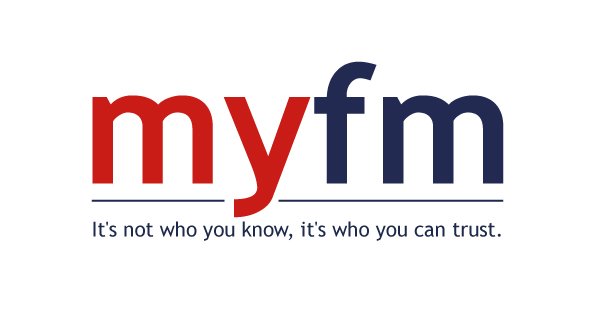How effective is Public Sector Tendering? (from a bidder’s perspective)
We know that bid management is vital in improving success rates when tendering contracts. Tendering can often be difficult, with many small details needing to be covered. Tenders can vary in size and complexity, ranging from smaller PQQs to larger ITTs or RFPs.
Below are the two cases of bids that one of our Business Unit Directors highlights – whether “cold” bidding is worth the time and effort and if the organisations are going through a “tick box” exercise? Do they already know whom they want to work with and have a meagre need to comply with financial governance?
Bullet points of the cases:
“Over the last 12 months, I have submitted responses to 6 tenders which are suitable to our skills and experience”
“These varied in value from c.£10k to c.£80k”
“Of these, I have only heard back from one organisation, and whilst we were unsuccessful, they provided feedback on why”
“I have not heard any definitive from any of the others”
The two bids which were particularly frustrating were;
BID 1
“We submitted the bid on time and were informed that we were successful with the first stage (Supplier Selection Questionnaire – SSQ) and proceeded to submit an ITT (Invitation to Tender). The bid got evaluated and we were informed that we were down to the last three; since then, we have not heard anything from the organisation”
BID 2
“I was directly invited to submit a bid for a piece of consultancy work with three weeks’ notice. Having reviewed the documents and read the specification, I decided I would not submit a bid as I didn’t understand the requirements sufficiently to determine input needs or costs. After the deadline, the organisation contacted me back and asked why I had not submitted a bid? After having told them why they extended the deadline for another month and invited me to a meeting with a representative to discuss the requirements and fully understand the project. Having done this, I submitted a bid, and since then, I have heard nothing from the organisation.”
It is frustrating from the bidder’s perspective and begs the question of whether “cold” bidding is worth the time and effort? Are the organisations just going through a “tick box” exercise as they already know whom they want to do the work with and have a need to comply with financial governance?
Your bid management process mustn’t just end with the submission. Unfortunately, you won’t win every tender you bid for, but it doesn’t have to be a frustrating experience. We recommend asking the buyer to show you where you lost marks. Providing feedback will save bidders considerable time and effort”.
What do you think needs to be put in place to achieve this?
“A seamless procedural format after submission”
“Dedicating enough time to go over the specification documents”
“Assessing what each question asks and picking out the relevant information that aligns”
“Carrying out sufficient research on the buyer’s organisation and how it operates”
“Planning enough time into your bid management strategy to create responses that reflect the requirements”.
Our experts are here to help with competency and your capacity-related demands.
Scroll through the myfm team below and click to find out more on their experience, skill set and how they can help your business needs.

